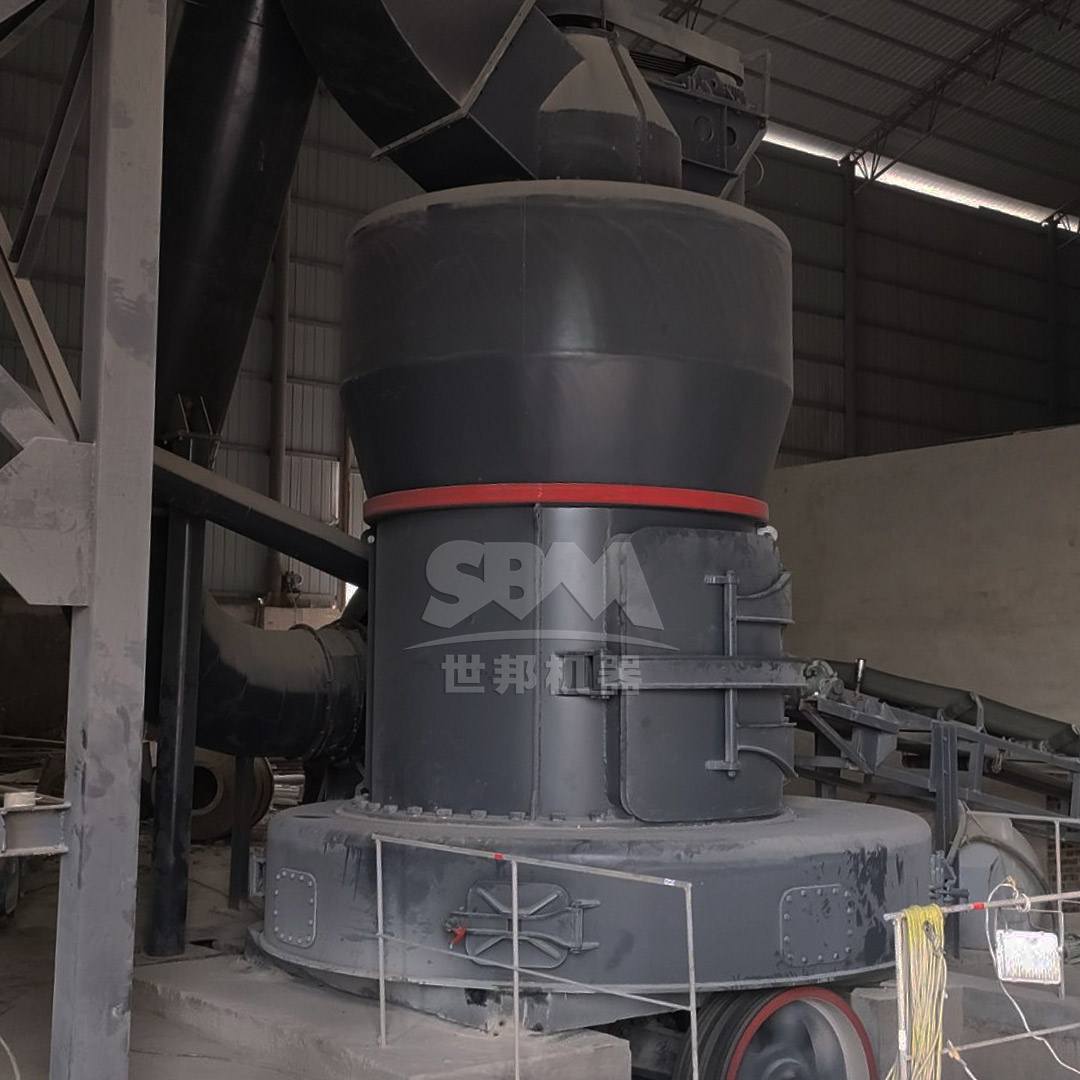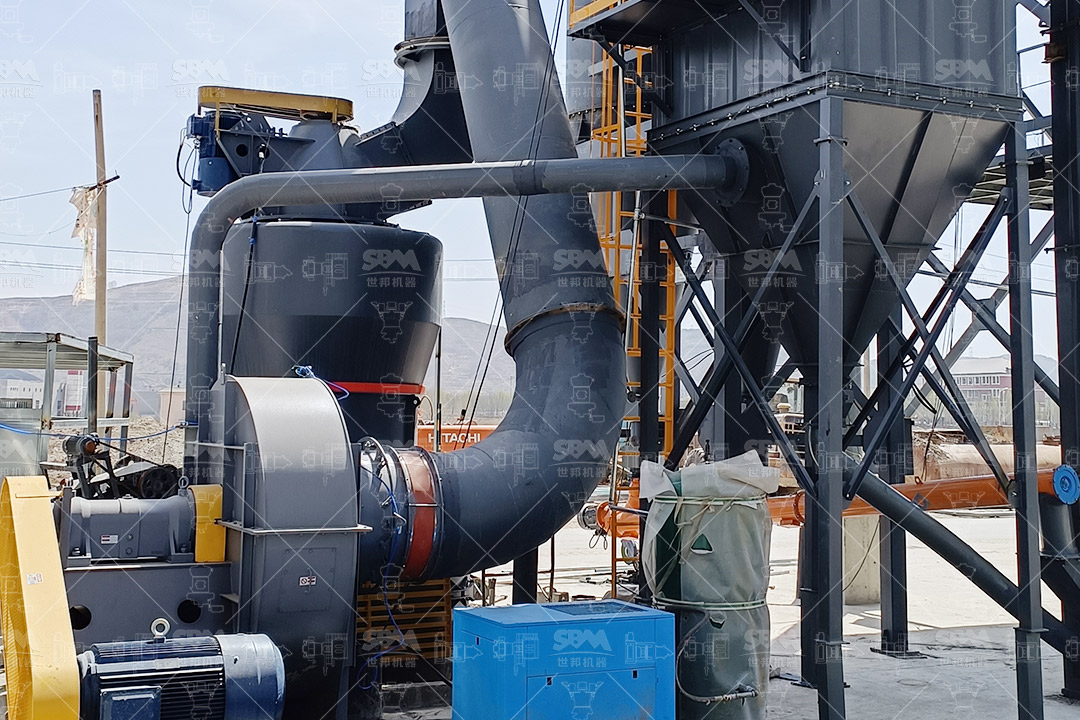The development of high-performance chemical-resistant coatings represents a critical frontier in materials science, with applications spanning from industrial flooring and chemical storage tanks to marine environments and pharmaceutical facilities. These specialized coatings must withstand exposure to aggressive chemicals, extreme temperatures, mechanical abrasion, and environmental factors while maintaining structural integrity and protective properties. Recent research has focused on enhancing coating performance through innovative fillers and additives, with mineral powders emerging as particularly promising components. Among these, marble powder has attracted significant attention for its potential to improve the chemical resistance, mechanical properties, and overall durability of protective coating systems.
Chemical-resistant coatings function through a combination of barrier protection, chemical inertness, and mechanical resilience. The fundamental components typically include:
| Component Type | Function | Common Materials |
|---|---|---|
| Resin Matrix | Provides adhesion and chemical resistance | Epoxy, polyurethane, vinyl ester |
| Fillers | Enhance mechanical properties and reduce cost | Mineral powders, glass flakes, silica |
| Pigments | Provide color and additional protection | Titanium dioxide, zinc phosphate |
| Additives | Improve application and performance | Flow agents, UV stabilizers, corrosion inhibitors |
The effectiveness of a chemical-resistant coating depends significantly on the quality and properties of its filler materials. Fillers must be chemically inert, properly sized, and well-dispersed within the resin matrix to create an effective barrier against chemical penetration.

Marble powder, primarily composed of calcium carbonate (CaCO₃), offers several advantageous properties for chemical-resistant coatings:
Chemical Inertness: Calcium carbonate demonstrates excellent resistance to many chemicals, particularly alkaline substances, making it suitable for coatings exposed to basic environments.
Mechanical Properties: The incorporation of marble powder can enhance hardness, abrasion resistance, and compressive strength of coating films. The platelet-like structure of properly processed marble particles can create tortuous pathways that impede chemical penetration.
Thermal Stability: Marble powder maintains stability at elevated temperatures, which is crucial for coatings in high-temperature chemical processing environments.
Cost Effectiveness: As a byproduct of marble processing, this material offers an economical alternative to synthetic fillers while providing comparable or superior performance in certain applications.
The performance enhancement provided by marble powder is profoundly influenced by its particle characteristics. Optimal results require:
Fine Particle Size: Sub-micron particles provide greater surface area for resin interaction and create more effective barrier properties. Particles in the range of 5-45μm have shown particularly good results in chemical-resistant applications.
Narrow Size Distribution: Consistent particle size ensures uniform dispersion within the resin matrix and prevents weak points in the coating film.
Surface Characteristics: Proper surface treatment of marble particles improves compatibility with various resin systems, enhancing dispersion and interfacial adhesion.

Producing marble powder with the optimal characteristics for chemical-resistant coatings requires advanced milling technology. Conventional grinding methods often fail to achieve the necessary fineness, uniformity, and particle morphology. This is where specialized equipment like our SCM Ultrafine Mill demonstrates exceptional capability.
The SCM Ultrafine Mill represents the pinnacle of marble powder processing technology, offering:
| Feature | Benefit for Coating Applications |
|---|---|
| Output fineness: 325-2500 mesh (D97≤5μm) | Provides optimal particle size for barrier formation |
| High-precision classification | Ensures narrow particle size distribution |
| Energy efficiency: 30% lower consumption | Reduces production costs and environmental impact |
| Advanced dust collection system | Maintains product purity and working environment |
For larger-scale production requirements, our MTW Series Trapezium Mill offers exceptional performance with output fineness of 30-325 mesh (up to 0.038mm) and processing capacity of 3-45 tons per hour. Its innovative features include anti-wear shovel design, curved air channel optimization, and integrated cone gear transmission with 98% efficiency.
Recent studies have demonstrated the significant benefits of incorporating properly processed marble powder into chemical-resistant coatings:
Improved Chemical Resistance: Coatings containing 20-30% marble powder by weight showed 40% better resistance to acid and alkali exposure compared to conventional fillers.
Enhanced Mechanical Properties: The addition of ultrafine marble powder increased coating hardness by 25% and abrasion resistance by 35% in standardized tests.
Reduced Permeability: The platelet structure of marble particles created more tortuous pathways for chemical penetration, reducing permeability coefficients by up to 50%.
Thermal Stability: Marble-filled coatings maintained integrity at temperatures up to 180°C, compared to 140°C for unfilled counterparts.

Successfully incorporating marble powder into chemical-resistant coatings requires attention to several critical factors:
Optimal Loading Levels: Typically, 15-35% marble powder by weight provides the best balance of properties. Excessive loading can compromise flexibility and adhesion.
Surface Treatment: Silane or stearate treatment of marble particles improves compatibility with resin systems and enhances dispersion.
Dispersion Technology: High-shear mixing equipment is essential to achieve uniform distribution and prevent agglomeration of fine particles.
Particle Size Selection: Different applications may require different particle size distributions. Finer particles (D97 ≤ 5μm) generally provide better barrier properties, while slightly coarser fractions may improve mechanical strength.
The use of marble powder in chemical-resistant coatings continues to evolve with several promising developments:
Hybrid Filler Systems: Combining marble powder with other functional fillers such as glass flakes or nano-clays creates synergistic effects for enhanced performance.
Surface Functionalization: Advanced surface treatments that create covalent bonds between marble particles and resin matrices further improve composite properties.
Intelligent Coatings: Research is exploring marble powder as a carrier for corrosion inhibitors that can be released in response to specific environmental conditions.
Marble powder represents a highly promising functional filler for enhancing the performance of chemical-resistant coatings. Its unique combination of chemical inertness, mechanical properties, and cost-effectiveness makes it particularly valuable for demanding applications. The key to maximizing these benefits lies in obtaining marble powder with precisely controlled particle characteristics—specifically fine and uniform particle size distribution.
Advanced milling technology, such as our SCM Ultrafine Mill and MTW Series Trapezium Mill, enables the production of marble powder that meets the exacting requirements of high-performance coatings. These systems provide not only the necessary fineness and uniformity but also the efficiency and reliability required for industrial-scale production.
As research continues to uncover new ways to optimize marble powder incorporation and surface modification, we can expect to see even greater performance enhancements in chemical-resistant coating systems. The marriage of natural mineral resources with advanced processing technology represents a sustainable and effective approach to meeting the growing demands for protective coatings in aggressive environments.